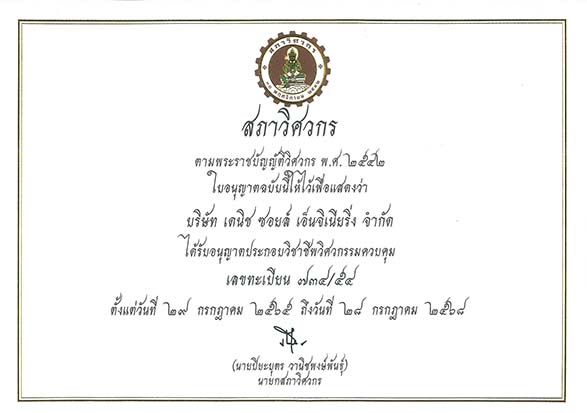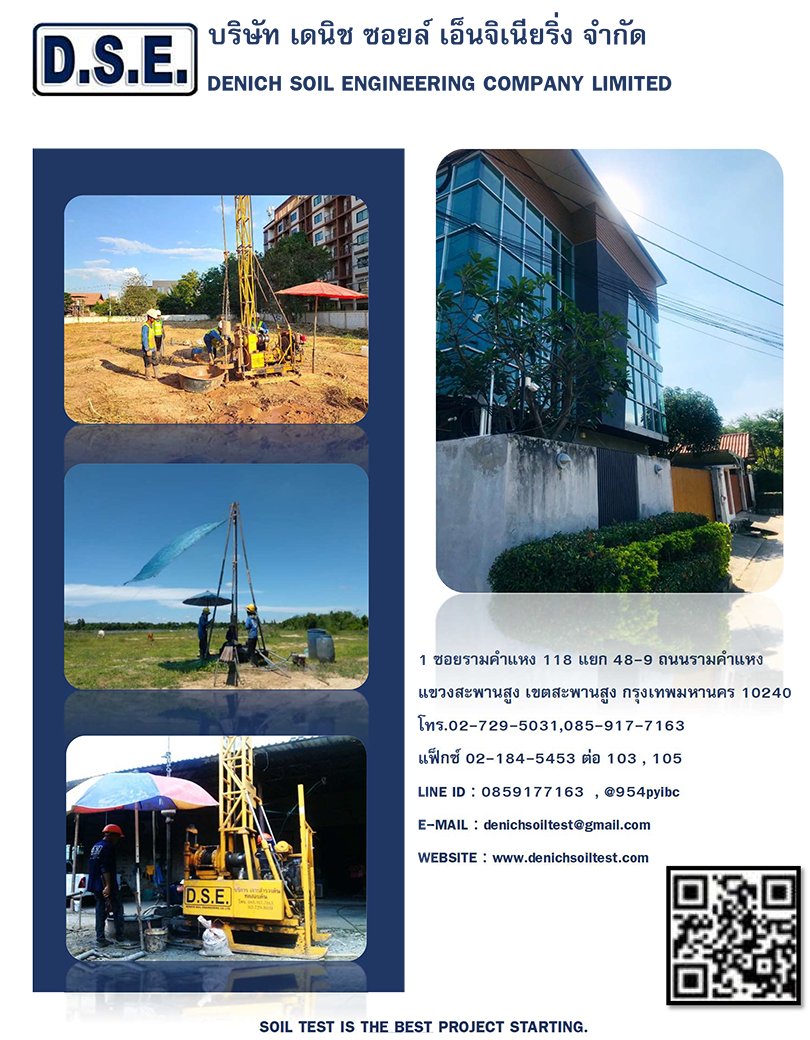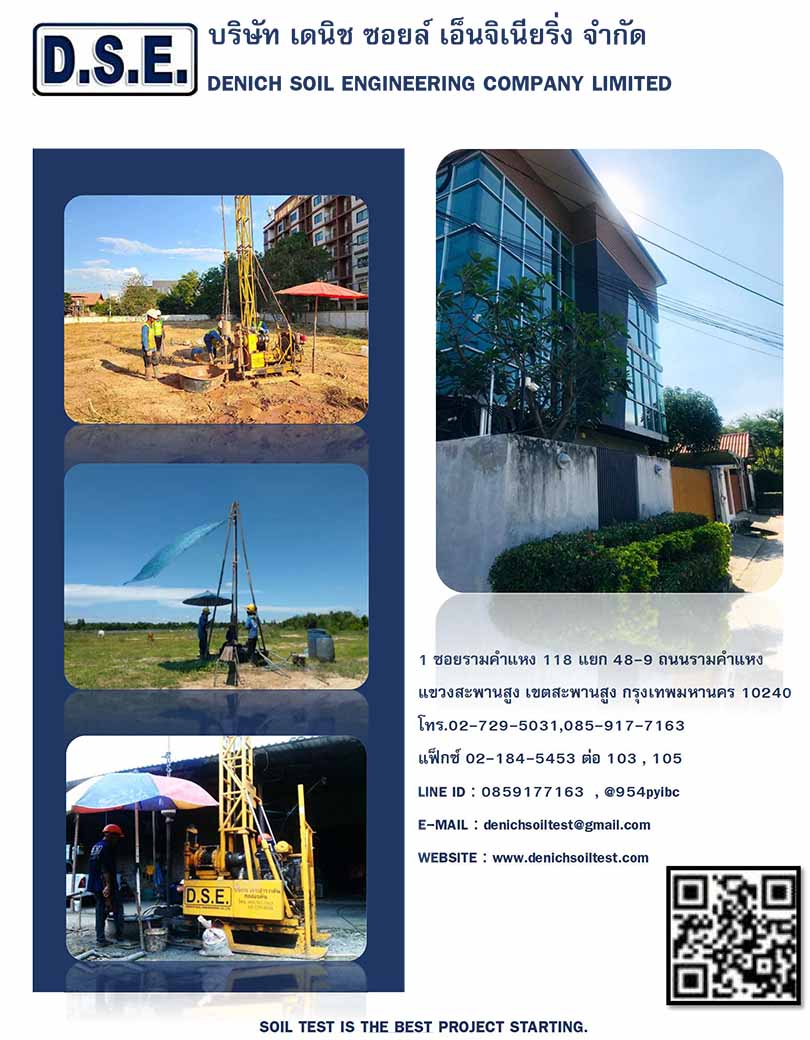Soil Test Civil Engineering Style
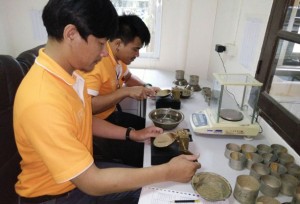
Soil test may refer to soil analysis conducted for one of several possible reasons as though specific soil test style are soil investigation and soil boring test for foundation engineering. In civil engineering, a soil test commonly refers to the analysis of a soil sample soil properties whether it be atterberg’s limit test, total unit weight, sieve analysis, unconfined compression test, natural water content.
Condition of the soil may change with factors (water, time, air) follow the depth of a sample may also affect results. Composite sampling can be performed by combining soil from several layers prior to analysis. This is a common procedure, but should be used judiciously to avoid skewing results. The ultimate load which a foundation can support may be calculated bearing capacity of soil is defined as the capacity of the soil to bear the loads coming from the foundation. The pressure which the soil can easily withstand against load is called allowable bearing pressure.
The bearing capacity of soils is the most important of the soil test in soil engineering. Soils conduct in a complex manner when loaded so, it is essential to know the bearing capacity of soils. Soil when stressed due to loading, tend to deform. The resistance to irregular of the soil depends in factors like water content, bulk density, angle of internal friction and the feature in which load is applied on the soil. The maximum load per unit area which the soil or rock can carry without yielding or displacement is termed as the bearing capacity of soils.

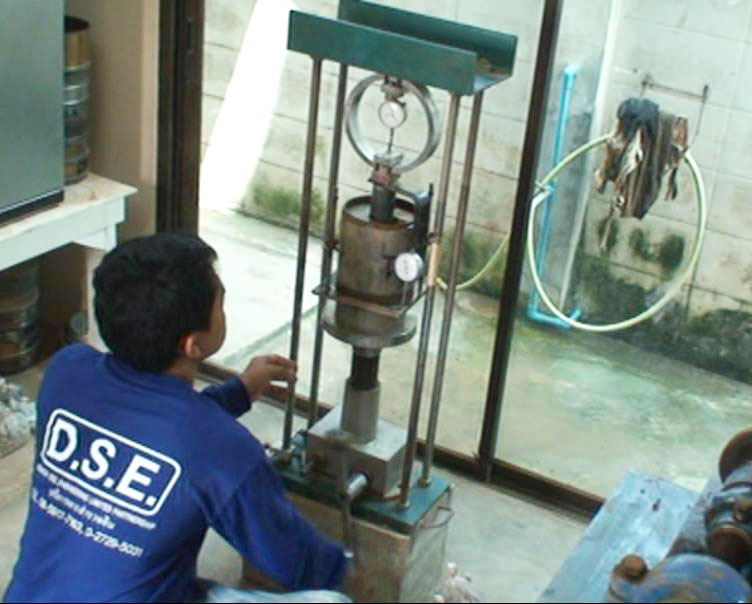 Previous Post
Previous Post Next Post
Next Post